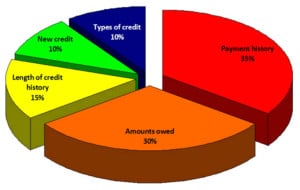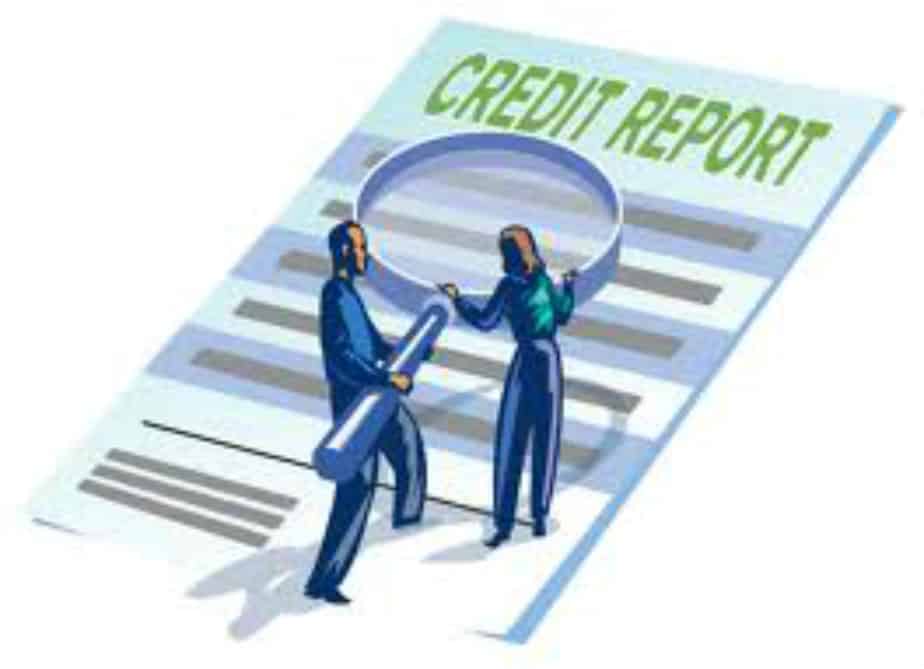 The Federal Reserve uses the credit score chart for matchmaking?
The Federal Reserve uses the credit score chart for matchmaking?
Did you ever envision that your credit score chart would provide the key to successful matchmaking? From newspaper columnists to Dr. Phil, everyone is a relationship guru; but you may be surprised to learn that the Federal Reserve is also dispensing relationship advice.
Economists Jane Dokko, Geng Li and Jessica Hayes believe that the credit score range contained in a credit score chart has an important role to play in predicting the stability and potential longevity of a relationship. This is what they discovered:
- People with credit scores at the higher end of the credit score chart are more likely to be in a committed relationship and stay together
- People tend to form relationships with others who have a similar credit score as them
- The strength of the match, both in the headline credit score and its details, is predictive of whether or not a couple are more likely to break up for observable reasons pertaining to finance and household spending
- Credit scores are indicative of trustworthiness in general, and couples with a mismatch in credit scores are more likely to see their relationships end for reasons not directly related to their use of credit
Better budgeting and better ranking on the credit score chart leads to better relationships
Echoing these findings, in a recent survey by Ally Bank 55% of respondents said that a strong budgeting and saving strategy was the most appealing money-related quality a partner or potential partner could have. In addition, 75% of the respondents to this survey said it was moderately or highly important to find a partner with a similar approach to money and budgeting.
Get your rightful place on the credit score chart now
Financial stress and poor money management can ruin your relationship, but it doesn’t have to. Don’t be afraid of debt. Face it head on with the help of the Ira Smith Team. We can help you restore your life to financial health Starting Over, Starting Now. Contact us immediately so that we can create your personalized plan to get you your better place on the credit score chart. Give us a call today.







